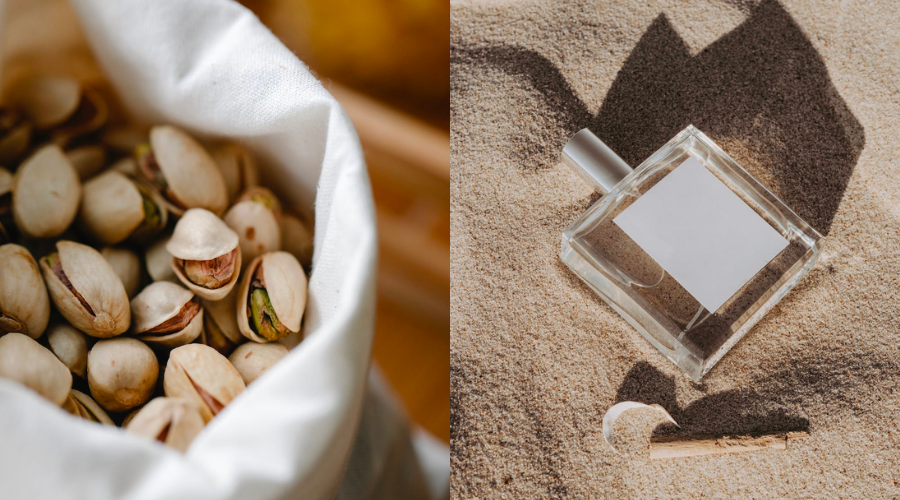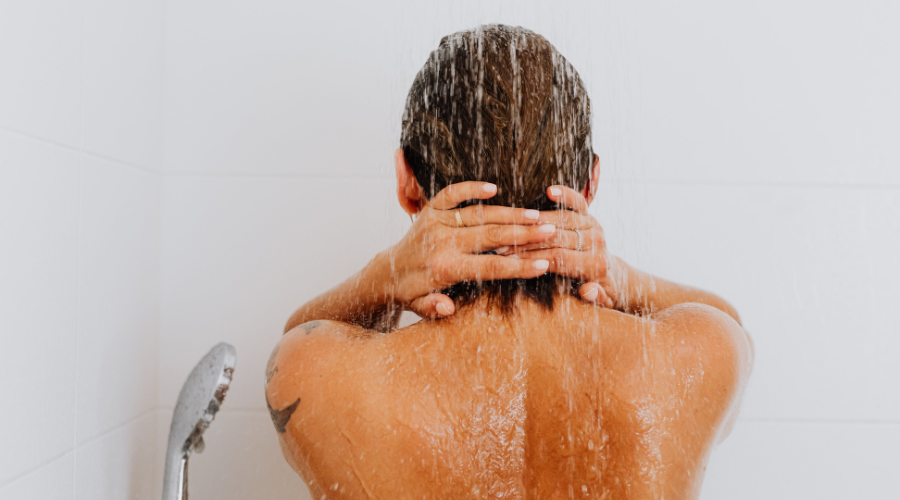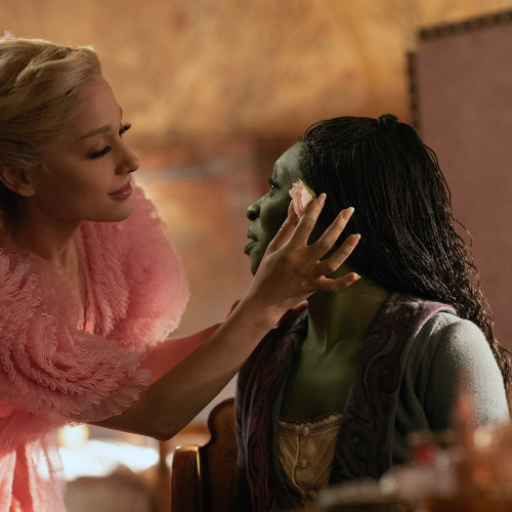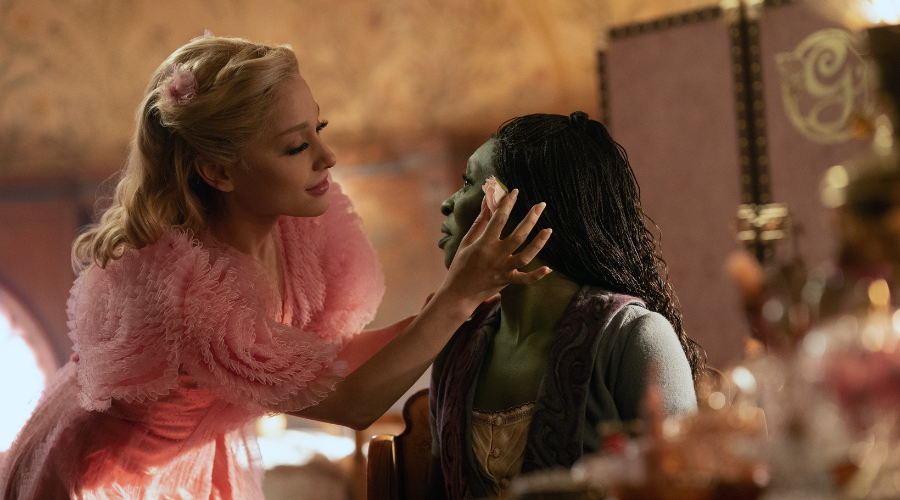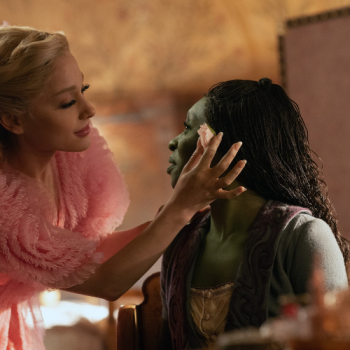After a long day at work, all we’re thinking about is that steamy hot shower before slipping under our cosy covers. But wait, hold onto your loofahs. What if we tell you that swapping this steamy sauna for a chilly one could be a game-changer? I know the idea of a cold shower takes us back to the ice-bucket challenge of 2014, but to have you hear it from an expert, we spoke with dermatologists to demystify the advantages of cold showers.
Hot Showers vs Cold Showers
The topic of hot showers vs cold showers has also caught some attention on social media with reels comparing their effects on skin and hair. Let’s investigate these claims further:
However comforting a hot shower may be, indulging in one can have its downsides. Explaining this Dr Jushya Bhatia Sarin, Consultant Dermatologist, at Sarin Skin Solutions, says, “The skin can be stripped of its natural oils, leading to dryness and potential irritation. Furthermore, prolonged exposure to hot water can worsen certain skin conditions, such as eczema and rosacea.” She further explains that cool water calms the skin by reducing excess blood flow which is often a cause of inflammation. This reduces the redness and severity of these conditions.
Seconding this, in one of her interviews with ELLE, Dr Geetika Mittal Gupta, Aesthetic Physician and Founder of ISAAC Luxe (International Skin & Anti-Aging Centre) suggests avoiding hot showers for those with rosacea. She says, “Hot water can trigger the expansion of blood vessels, making the symptoms more pronounced. Picture hot water as a catalyst that prompts blood vessels on your skin to throw a bit of a party. They expand, causing more redness and flushing – not the kind of party we want for rosacea-prone skin.”
Dr Geetika also adds that hot water is somewhat of a troublemaker and can strip away the natural oils and mess with the skin barrier. This leaves the skin more sensitive and prone to irritation, adding an unwanted layer to the rosacea discomfort. Moreover, exposure to high temperatures, whether through hot water or steam, can stimulate the nerve endings in the skin, leading to increased redness and inflammation. Dryness intensifies, discomfort rises, and nobody wants that.
So it’s best to use lukewarm or cold water for the face and in the shower because cooler temperatures are like a gentle hug for the skin–minimising the risk of stirring up rosacea symptoms.
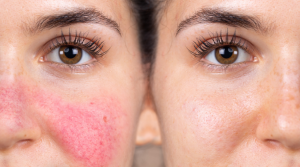
Not only for the skin, a cold shower being beneficial also holds true for hair. Prolonged or frequent exposure to hot water can dry the hair completely, making it look lifeless.
On the contrary, cold water is safer for both, skin and hair. “The chilly blast of cold water can work wonders for the skin by reducing inflammation and tightening pores, giving the skin a smoother appearance and reducing the risk of acne. Moreover, cold water can seal hair cuticles, resulting in shinier and smoother locks while preventing moisture loss and minimizing frizz,” Dr Jushya elaborates.
But switching to a cold shower could be impractical in certain weather conditions. Which is when lukewarm water would be a better option.
Which Skin And Hair Types Can Benefit From Cold Showers?

A little background–I have dry, frizzy hair and drier skin. So when Dr Jushya said that those with my hair and skin types could benefit from this water temperature, I was convinced. “Those with dry and sensitive skin or frizzy and dry hair should definitely stick to bathing with cold water. Hot temperatures can be used by those with normal skin or to improve penetration of skin care products such as hair oils or body oils. However, this should be occasional,” she explains.
She also warns that frequent exposure to extreme temperatures, whether hot or cold, can potentially stress the skin and hair. So, moderation is key.

I, for one, have noticed a few changes since I turned things around (quite literally). My hair seems to be less frizzy and more manageable, albeit a little more oily than usual. Although I haven’t noticed much difference in my skin, I can confirm that cold water does reduce puffiness early in the morning.
Is Taking A Cold Shower Daily Safe?
The negative effects of a cold shower on your health depend on the duration of exposure to cold water. “Exposure should be limited to five minutes or less. If you’re wary of taking cold showers, use lukewarm water rather than hot water,” suggests Dr Jushya. She also adds that regardless of water temperature, using gentle cleansers and moisturisers suitable for you is key to maintaining skin and hair health.



